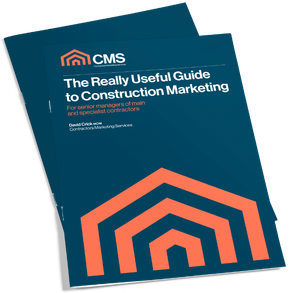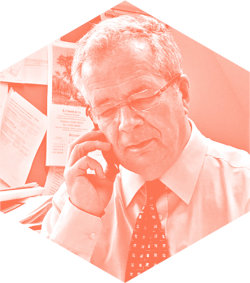It’s important that you follow up a successful phone call with a well-crafted email or letter. You’ve done the hard work of cold-calling, making a connection with the secretary, getting through to the decision-maker. Now what?
Hopefully, you’ve remembered at the end of the phone call to mention that you will follow up the call, and asked what the best way to do this might be. It’s important to ask what the client prefers. Some busy architects get so many emails every day that they’d much prefer a hard-copy letter. Others go paperless!
The follow up letter or email is not just a way of confirming what you have said. It also starts to establish that you are someone who keeps their promises. This is a key part in establishing trust, which, as we have said in earlier postings, is fundamental to long-term relationships.
Write in a conversational style, as if continuing the conversation you were having on the phone. Refer to the original contact you had, and any promise you made to write. Then set out what you want to say in clear, easy words: not more than 20 words in a sentence and not more than four or five lines to a paragraph. Make sure the letter is well set out, with plenty of white space.
Writing well is a skill. It is easy to be long-winded and unclear. You need a letter that is brief and clear, and you should expect to revise it a few times — or call in someone with professional writing skills to help you.
The easy way to a good letter
How to structure a letter with Aida:
Attention: secure the reader’s interest in the first paragraph. What have you got to say or to offer that is really important to the reader?
Interest: the second paragraph builds interest. Give reasons why your contribution to the client’s project will be significant.
Desire: the third paragraph provides evidence of your suitability for the work: references, examples of similar jobs, etc.
Action: finally, state the action you will be taking, and that was agreed in your phone call. (And remember to follow it up!)

